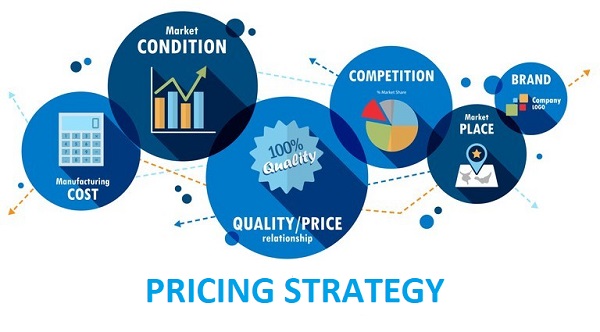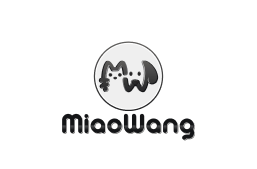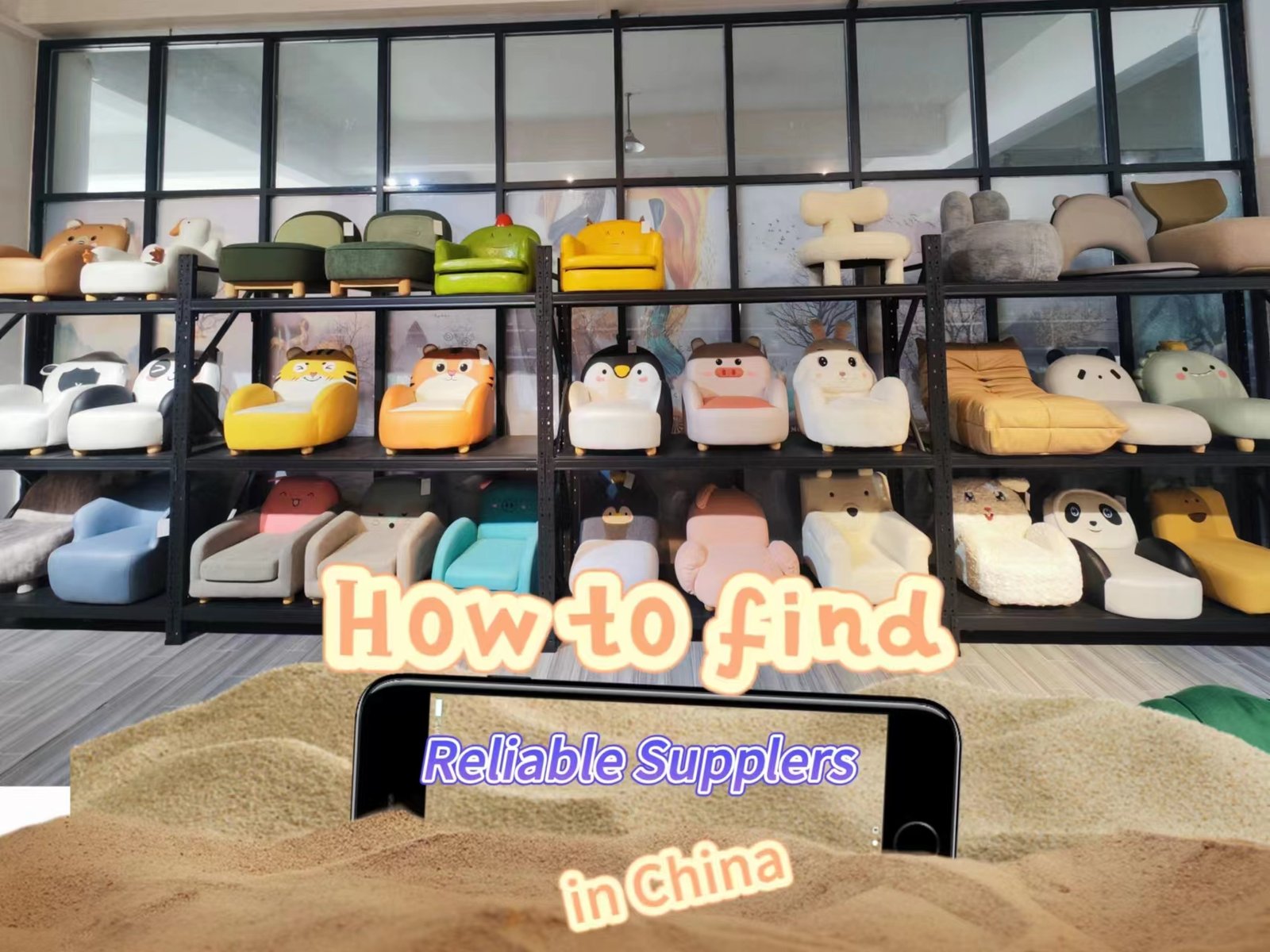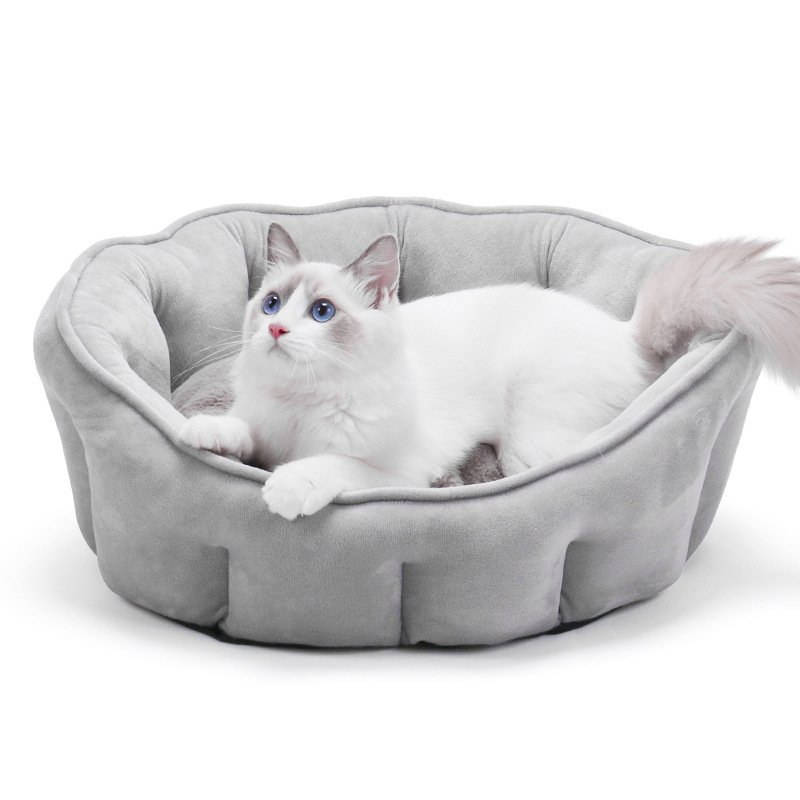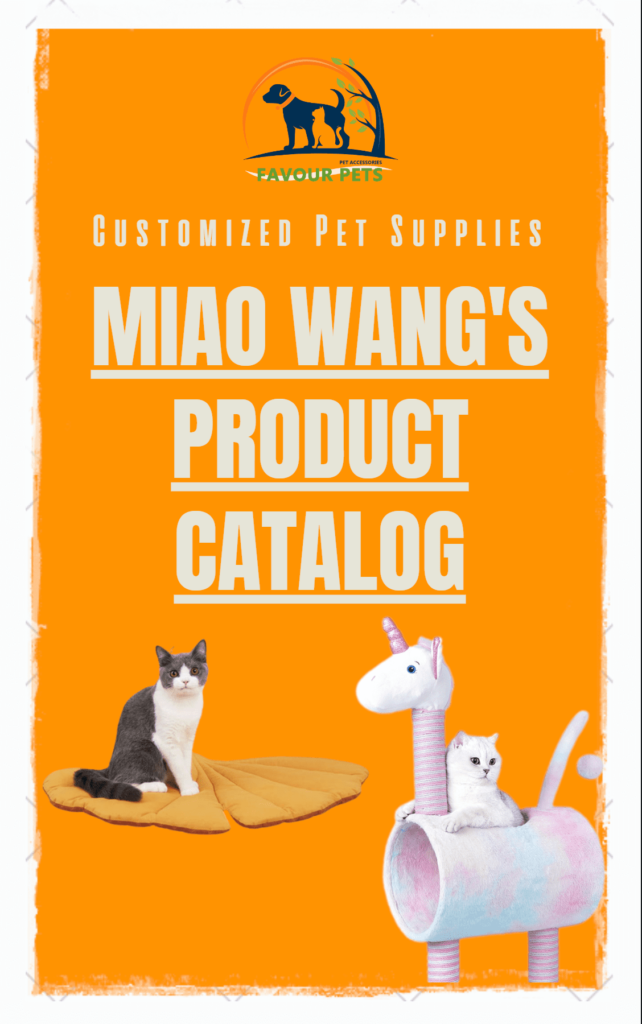Introduction:
When it comes to buying goods from China, pricing and the payment process can play vital roles in ensuring a successful and satisfactory transaction. As a foreign trade seller, understanding the intricacies of pricing structures and payment methods can help you navigate the whole import process more smoothly and establish a mutually beneficial relationship with Chinese suppliers. In this article, we will explore some essential questions related to pricing and payment that arise when buying goods from China.

What do I need to know before importing from China?
Before diving into the process of sourcing agent importing goods from China, there are several key aspects to consider. First and foremost, it’s crucial to identify reliable suppliers. Conduct thorough research, find reliable suppliers, seek recommendations global sources, and verify the credibility of potential Chinese suppliers. You can explore platforms such as Alibaba, GlobalSources, or trade shows like the Canton Fair to find reputable suppliers.
Additionally, familiarize yourself with import regulations and customs clearance processes when importing products made in your country. Understand the import duties clearing customs amount, taxes agent fees pay import duties on, and any other customs regulations and fees that may apply to your imported goods. It’s also important to clarify product quality requirements, as well as any specific certifications or test reports necessary for the good quality products in compliance with your local regulations and customs brokers.

How do I pay for goods from China?
When it comes to paying Chinese suppliers, there are several commonly used payment methods. The two most prevalent methods are bank transfers and online payment platforms. Bank transfers involve wiring money for the payment directly to the supplier’s bank account, while online payment platforms like PayPal or Alipay provide secure and convenient options for transactions.
It’s worth noting that while bank transfers are widely used, they come with certain risks. To mitigate these risks, consider establishing a relationship with your Chinese supplier, conducting due diligence on right new supplier, and verifying the legitimacy of multiple suppliers and their bank account information.
What are the payment terms for Chinese suppliers?
Payment terms most suppliers can vary depending on good quality of the product quantity actual supplier cost, and the nature of the transaction. Commonly used payment terms when dealing with Chinese suppliers include:
a) Full payment upfront: Some other manufacturers and suppliers may require full payment right supplier before initiating production product testing or shipment. This approach find suppliers is more common for smaller orders or when a company is in new business or dealing with other small businesses or new suppliers.
b) Partial payment upfront: In many cases, many suppliers will request a percentage of the reasonable price or a minimum amount of the total payment for shipping goods upfront on commercial invoice, often as a deposit, with the remaining balance to be paid before shipment or upon receipt of the goods.
c) Letter of Credit (LC): LCs are often used for larger orders. This payment method involves the wholesale buyer’s bank issuing a guarantee to the domestic supplier”s bank, ensuring payment upon bulk order and the completion of certain predetermined production conditions.
It’s essential to negotiate and clarify the payment terms with your Chinese supplier to establish a mutually agreed-upon arrangement that protects the interests of both parties.

What is the safest way to pay Chinese suppliers?
When it comes to ensuring the safety of your payment transactions, using secure and reliable methods is crucial. Consider the following approaches:
a) Bank transfers: While bank transfers are commonly used, exercise caution and verify the supplier’s bank account contact information. Avoid making payments to expensive supplier’ personal bank accounts and opt for small business’ accounts instead.
b) Online payment platforms: Platforms like PayPal and Alipay offer secure payment options and provide buyer protection services. These online platform and platforms act as intermediaries for previous buyers, holding the payment until the buyer confirms the satisfactory receipt of goods.
c) Alibaba Trade Assurance: If you import products and are sourcing through online store Alibaba, consider using their Trade Assurance program. It is insurance policy offers payment protection by holding funds in escrow until delivery time the buyer confirms the delivery and quality of the goods delivered.

What is the best way to buy products from China?
The best approach to buying products from China depends on various factors, including the nature good reputation personal experience of inspection company, your business, the continued products you intend to pay to the import duty and tax or to purchase from different suppliers, and your specific requirements. Here are some common approaches:
a) Directly from Chinese suppliers: Many buyers choose to work directly with Chinese suppliers. This allows for direct communication, more quality standards, better control over quality issues and the product quality, and potentially lower costs. It is essential to establish clear communication channels and build a trustworthy relationship with asian suppliers and customers and with your company and own manufacturer and suppliers.
b) Sourcing agents or trading companies: Sourcing agents or trading companies can act as intermediaries between manufacturers for you and Chinese suppliers. They have technical expertise and can assist with supplier selection, price,, negotiation, quality control import product name, packaging and logistics. This approach can be beneficial, especially if you are new to the entire process or idea of importing from China and need guidance throughout the process.
c) Online marketplaces: Platforms like Alibaba, GlobalSources, or Made-in-China provide a vast database of suppliers and products. These market top platforms allow you to see product specifications pay suppliers, compare options, new product,, read reviews, see product categories, and connect directly with suppliers. However, exercise caution and conduct thorough due diligence on reliable supplier before finalizing any transactions.
What are the payment terms for Chinese suppliers?
Payment terms with Chinese suppliers can vary depending on the supplier’s policies and your negotiation. Some common payment terms include:
a) T/T (Telegraphic Transfer): This international wire transfer, is the most common payment method for international trade, where the buyer transfers funds paid directly to the supplier or seller’s bank, from expensive supplier’s bank or account. The transfer money payment can be made as a deposit, progress payments, or full payment before shipment.
b) L/C (Letter of Credit): This method provides security for both the buyer and the supplier to ship products. The buyer’s bank issues a letter of credit to good supplier to guarantee payment upon meeting specified conditions, such as the presentation of shipping documents.
c) Escrow: In certain cases, using customs clearance process or an escrow service, such as courier service such as Alibaba’s Trade Assurance, to accept payment, for international buyers can be beneficial. The funds are held in escrow until the customs agent or the buyer sourcing agent confirms the satisfactory receipt of goods, ensuring protection for both parties.
It is crucial to discuss all the details and agree upon the final price, selling price and the payment terms for quality products with your Chinese supplier before finalizing the purchase agreement.

Shipping Costs and Methods:
Shipping costs from China depend on various factors, including the size and weight of the container volume of goods, the shipping method chosen, shipping cost, and the destination. Common shipping methods for certain goods include:
a) Air Freight: Suitable for smaller and urgent shipments, air freight is faster but generally more expensive than sea freight. It is ideal for high-value or time-sensitive materials and products.
b) Sea Freight: Sea freight is typically more cost-effective than international freight than for the bulk or larger shipments. It is the preferred method for bulky or heavy goods. However, it has a longer transit time port fees and transportation costs compared to air freight.
c) Express Delivery: Express delivery services like DHL, FedEx, or UPS offer fast and reliable shipping options for smaller packages but their shipping prices can be relatively expensive in other countries.
When calculating the total cost of importing your purchase, consider shipping costs, import duties, customs clearance fees, customs duties, and any additional charges or customs broker and fees that manufacturers may apply.
